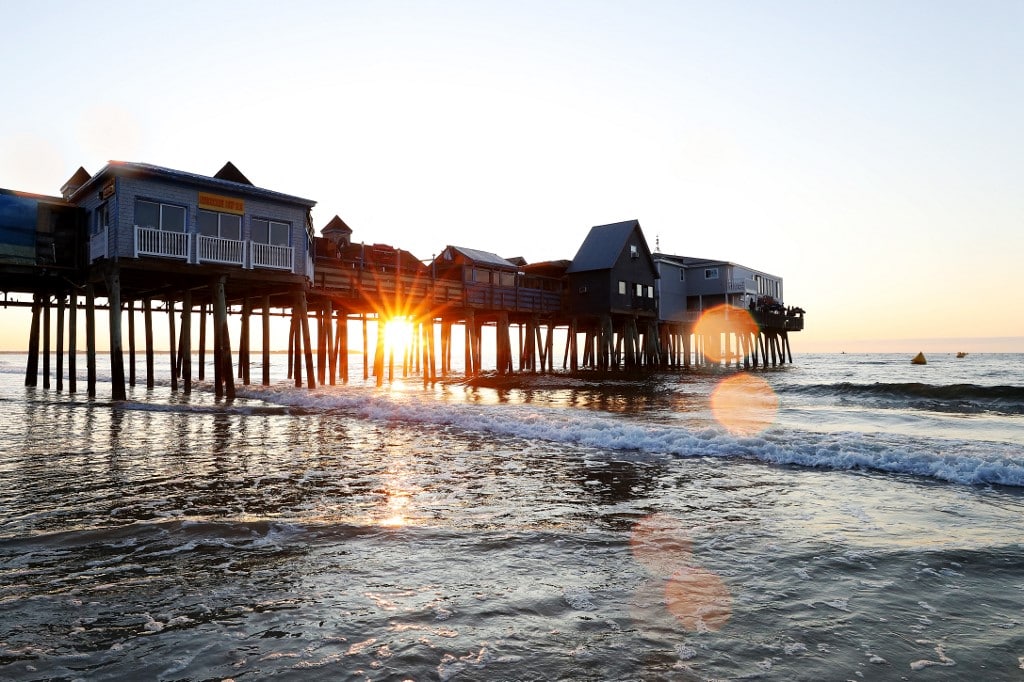
Many industry insiders believed Maine had an excellent chance at being the next state to legalize iGaming after a promising effort last year. However, it appears this session’s legislation will go no further than the Joint Veterans and Legal Affairs Committee.
Committee Roadblock
“An Act to Create Economic Opportunity for the Wabanaki Nations Through Internet Gaming,” also known as Legislative Document 1164, was this year’s attempt to bring iGaming to the Maine masses through the exclusive control of the state’s four Wabanaki tribes. This would mirror the mobile sports betting exclusivity that the Wabanaki currently enjoy.
Representative Ambureen Rana reintroduced House Bill 1164 to the Veterans and Legal Affairs Committee, where she stated, “Because the Wabanaki Nations have not enjoyed anywhere near the level of economic growth as that of other tribes in this country, they face an ongoing economic crisis.”
The bill would allow the tribes to offer digital slots and casino table games, something only seven other states in the nation have legalized, compared to the 39 states that have legalized mobile sports betting. Concerns regarding increased addictive gambling behavior and cannibalization of business from land-based casinos are the universal concerns other states have had, and Maine proved to be no different.
Brick-and-Mortar Casinos Push Back
Dan Walker, a lobbyist representing Oxford Casino, one of two commercial casinos in Maine, said, “This bill would create a gaming monopoly for the Wabanaki Nations with little economic benefit to Maine.”
Walker also added that business reduction and job losses are prevalent at brick-and-mortar casinos in states where iGaming has been legalized.
Addiction Concerns
As for the concerns regarding addictive behavior, Republican Senator Jeff Timberlake, who sits on the Veteran and Legal Affairs Committee hearing the bill, gave a bit of foreshadowing as to the bill’s fate when he discussed the bill last week.
“There’s just no way to really control it. This just makes it so somebody could sit on their living room couch and spend all sorts of money and have no control over it,” said Timberlake.
Although the precise reason why the Joint Veterans and Legal Affairs Committee shelved the bill, those concerns likely resonated with the members. The bill can resurface next year in its present form, but chances are there will be a new iGaming bill to take its place in 2026.
FanDuel Not a Fan
It is unusual when some of the nation’s biggest mobile gaming powerhouses do not agree with online casino legislation. However, considering only Caesars and DraftKings have access to Maine’s mobile sports betting market, and by default, its iGaming market, through its partnerships with the Wabanaki tribes, it becomes all too clear.
Call for Competition
Michael Ventre, speaking on behalf of FanDuel, Fanatics, and BetMGM, noted the lack of a competitive environment and argued the market should be opened to more mobile operators.
Ventre testified, “We wanted to caution the committee on moving forward with this bill, though, because we are concerned that it will not create the healthy, regulated market that we have seen in many other states.
“The lack of legitimate choice for the consumer can encourage individuals to seek alternative methods outside of the regulated marketplace.”
Concerns from Brick-and-Mortar Casinos
Chris Jackson, who voiced his opposition on behalf of Hollywood Casino, said, “Passage of this bill, to be clear, would constitute the greatest single expansion of gaming in our state’s history without the vote of the people of Maine. It would threaten facilities in Bangor and Oxford.”







